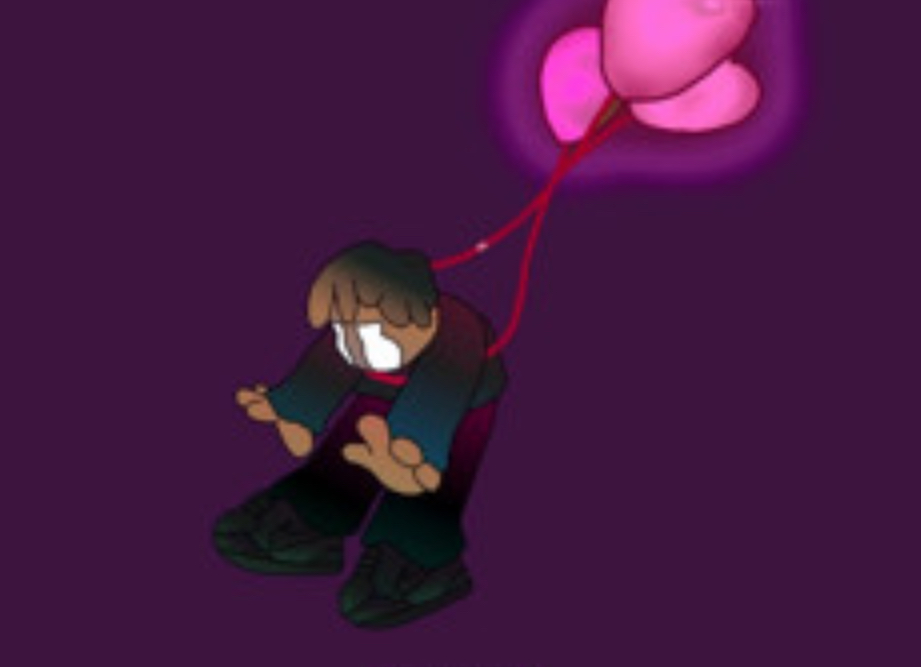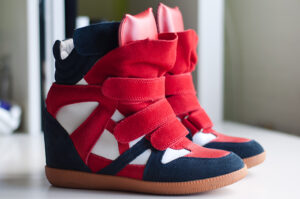If you listen to Kee Nola’s Apologies without context, you’d be forgiven for doing a double take. The voice, the melodies, the tone—it feels like Juice WRLD. It’s eerie, maybe even uncanny. And for fans of the late rapper, the similarities are impossible to ignore.
But Kee Nola isn’t doing an impression. He’s not mimicking or parodying. He’s making music that clearly carries the emotional DNA of Juice WRLD, but filtered through his own lens of heartbreak, apology, and melodic confession.
With Apologies, Kee Nola leans fully into the genre of emo-rap, where vulnerability is currency and sadness sells like serotonin. And whether you see his sound as homage, continuation, or coincidence, the truth is this: Kee Nola has arrived, and people are paying attention.
Lyrical Breakdown: The Weight of a Word
On Apologies, Nola doesn’t overcomplicate the message. The title tells you everything. It’s a song about saying sorry—and not in the performative, pop song way. It’s guttural. Regret-filled. Exhausted.
“I said I’m sorry / I didn’t mean to break you like that / But I was broken too, I just never said it back…”
These kinds of lines don’t rely on clever metaphors or triple entendres. They hit because they’re direct. Like Juice WRLD, Nola isn’t trying to dress up his pain. He’s delivering it in plain packaging, raw and ready to bleed.
There’s also a self-awareness at play. This isn’t an anthem of blame-shifting or romanticized dysfunction. It’s a post-mortem. A look at what went wrong, but from someone who knows they were holding the knife too.
Production: Moody Minimalism
The beat behind Apologies is sparse but effective. Atmospheric synths hum in the background, with a drum pattern that moves just enough to keep the emotion afloat. There’s no drop, no beat switch. Just a consistent mood board of melancholy.
The production choice is intentional. It gives Kee’s voice space to stretch, to sing, to ache. The instrumental doesn’t want to compete with the vocal—it wants to cradle it.
This kind of sonic restraint is a signature in emo-rap, but when done right, it enhances the message. And here, it works. Every line hits a little harder when it’s floating in reverb and self-reflection.
Juice WRLD Comparisons: Inevitable, but Limiting
The elephant in the studio: Kee Nola sounds a lot like Juice WRLD.
It’s not just the tone or the melodic cadences—it’s the entire emotional palette. From the pain-tinged hooks to the off-the-cuff flow changes, it’s clear Juice is an influence, if not a blueprint.
That’s prompted some pushback online. Reddit threads dissect whether Kee Nola is too close for comfort. Is it a tribute or a copy? Is it respectful, or reductive?
But here’s the nuance: influence is not theft. Artists carry echoes of what moved them. Juice WRLD was himself heavily inspired by Kid Cudi, by rock ballads, by early 2000s punk. Kee Nola is following a lineage. One where vulnerability is a weapon and melody is a diary entry.
The real question is whether he can take that foundation and build something distinct. Apologies doesn’t answer that fully, but it’s a compelling first act.
Cultural Context: A Generation of Emotional Honesty
We’re living in a post-post-ironic music era. Gone are the days where rap had to be hyper-masculine to matter. The new wave of artists—be it Trippie Redd, iann dior, The Kid LAROI—are mining their emotions for hooks. Pain is profitable, yes, but it’s also real.
Kee Nola fits into this shift. He’s not dressing his sadness in metaphors. He’s laying it bare.
What makes Apologies stand out is its refusal to heal by the end. There’s no solution. No resolution. Just an open wound and a beat to bleed over. That feels more honest than the sudden bounce-back anthems we often get.
In that sense, Nola is speaking the language of his generation: fractured, self-aware, and constantly apologizing without quite knowing how to fix things.
What Comes Next: Evolution or Echo?
Right now, Kee Nola is riding momentum. Apologies is his most visible track yet, and it’s opening ears and sparking conversations—both of admiration and criticism.
To move forward, he’ll have to define a lane that is inspired, but not derivative. One that acknowledges Juice WRLD’s impact while carving out a sound that’s unmistakably his.
That might mean exploring different subject matter, tweaking his delivery, or collaborating with voices that push him out of that shadow. It could also mean leaning in further and owning the influence more transparently.
What’s clear is that he has the raw ingredients: emotional authenticity, melodic instinct, and a growing fanbase. What he does with that will define whether he’s a moment—or something bigger.
Final Word: The Power of Saying Sorry
Apologies isn’t just a single—it’s a mission statement. It tells us who Kee Nola is (or who he’s trying to be). It shows us his heart, his hurt, and his hunger.
And in a music landscape where overproduction and posturing often drown out sincerity, that matters.
You don’t have to decide today if Kee Nola is the next breakout voice of emo-rap. You just have to listen. And if you do, you’ll hear a kid trying to turn pain into poetry. Sound familiar? That’s the point.
No comments yet.








